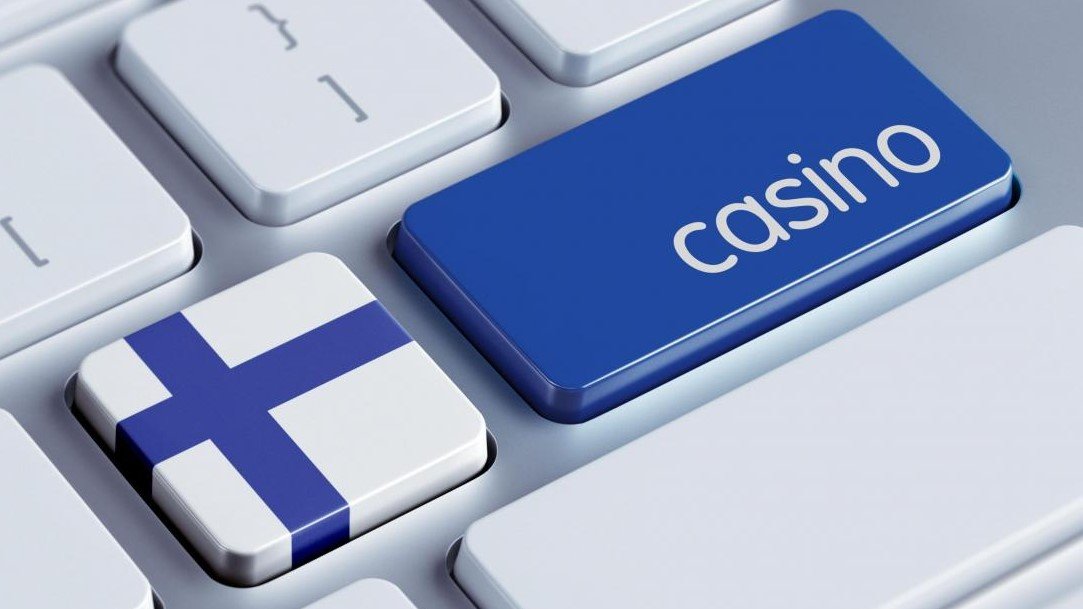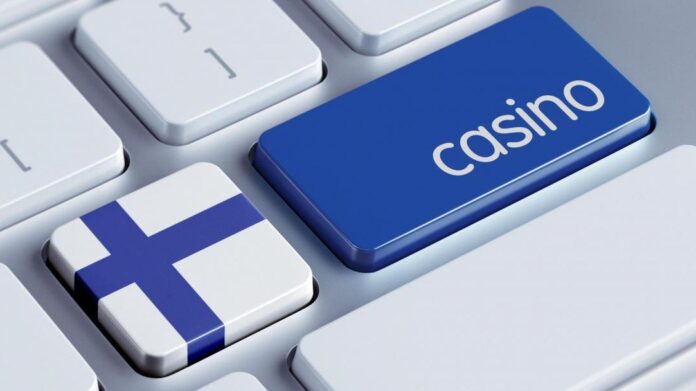
Finland’s Interior Ministry has commissioned a report examining the future of online gambling, which suggests that the current state monopoly system requires regulatory changes to function effectively. The report recommends transitioning to a licensing system to address the issue.
The report reveals that the current system results in a loss of approximately €500-550 million ($549-603.9 million) in tax revenue annually, as nearly half of the online gamblers engage in games outside the state monopoly system. Furthermore, issues like gaming addiction become increasingly challenging to address within this context.
In trying to map out alternative models for the gambling system to support political decision-making and the next government, the report examined the national gambling systems of Sweden, Denmark, Norway, the Netherlands, and France. Of these, Norway has a gambling monopoly system similar to Finland, while the others use a licensing system for online gambling.
To achieve a higher “channeling rate” in online gambling, the report laid out two options; introducing new restrictions to prevent gambling outside the monopoly or switching to a licensing system, reports Euractiv. Arguments from other countries spoke on behalf of the latter alternative since the license system has been more effective in improving the channeling rate.
Currently, a state-owned company, Veikkaus, operates all the gambling games offered in Finland. The company’s revenue is used to benefit Finnish society and is distributed by different ministries. If a licensing system is introduced, one option could be creating a sister company owned by Veikkaus or directly by the state, the report added.














